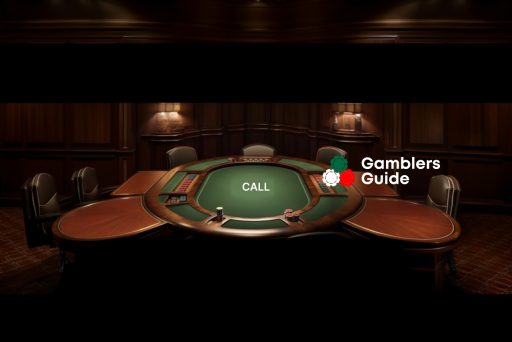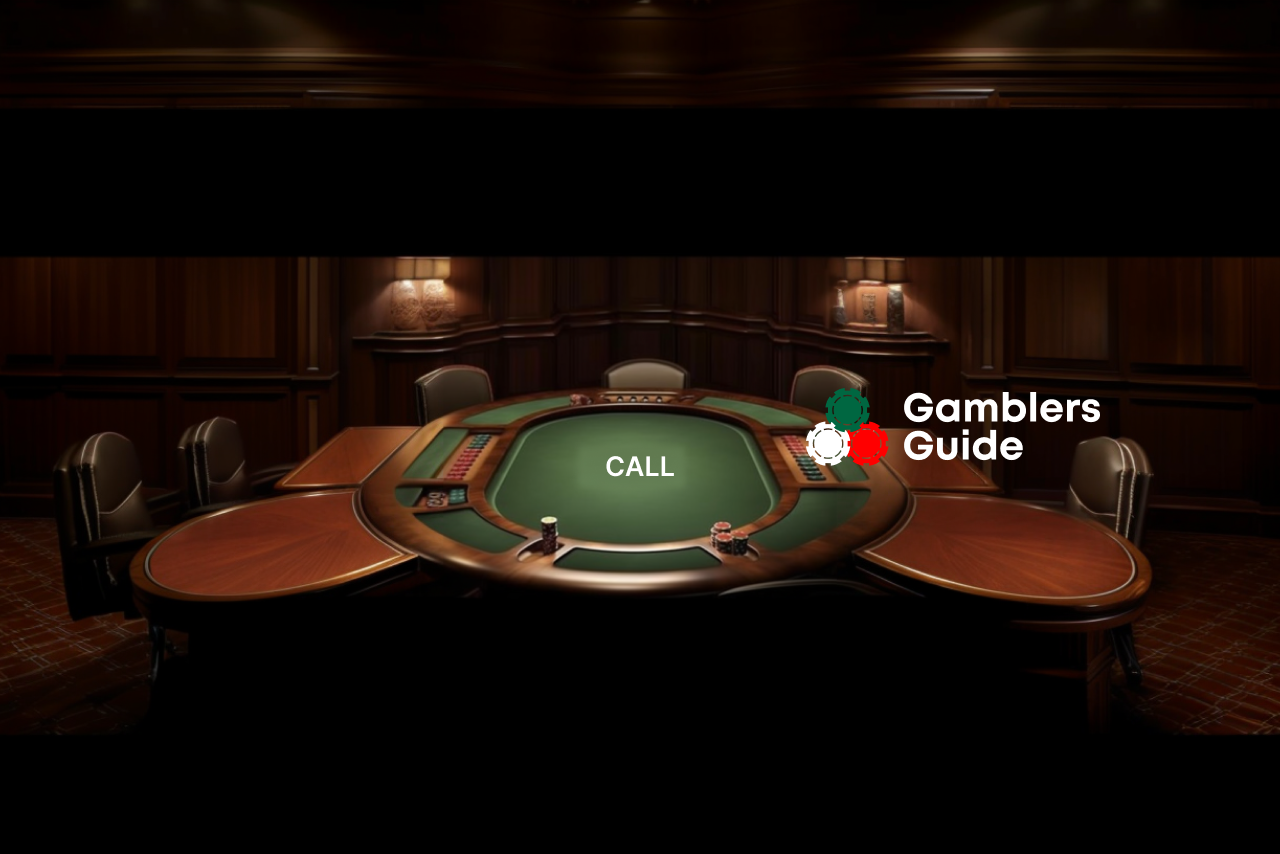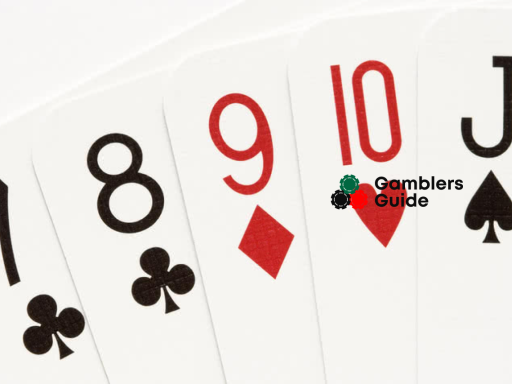Poker has become one of the most popular games in traditional and online casinos for a reason. It is no longer just a leisure activity but a real sport. Poker has long gone beyond the gambling industry. For many fans of the game, it is a lifestyle. The success in the game primarily depends on the player’s skills. They should know the maximum number of techniques and apply them appropriately. One of the game options is a call. Let’s look at when to use it and how it can affect your game.
Basic Moves in Poker
If you just started to get acquainted with the game, let’s look at the basic options poker players have. The main thing to remember is that there are three main moves: raise, call, and fold. The rest are additional. Pass (fold) is a refusal to continue the game. The player’s cards are discarded, and they become an observer at the table. A raise is a bet increase. By the way, a casino may determine the minimum amount of increase. Each player has this option.
What Is a Call?
According to the rules, you often need to choose to continue the game or fold. A call refers to the first option. It is an equalization of the opponent’s bet. A call can only affect the highest bet at the table. At the same time, the bidding ends only when all players equalize their bets or fold.
Remember that other players can also call or increase their bets after your move. Thus, you have three possible actions:
- fold your cards;
- raise your bets;
- call the new bet.
At the same time, your game approach may seem too cautious if you often use a call on the preflop. After all, this is the way a player with weak pairs usually acts. If you are in a good position, it’s better to raise. But in poker, not everything is so obvious, and you should be able to deceive your opponent. Sometimes, it may mean using both call and raise.
Types of Calls
There are several types of calls in poker, and players choose them depending on the situation. It is important to clearly distinguish between them if a player wants to succeed in a game:
- A cold call occurs when a bet is called immediately after an opponent’s raise. A player who has not previously participated in the bidding has to equalize the bet after one or more raises. After that, all players make a regular call.
- A check call implies that a player first plays a check without position and then calls the opponent’s bet.
- A hero call is a rather risky action. It occurs when a player has a weak hand, but they believe that the opponents are bluffing and want to catch them.
When Is It Worth Making a Call?
To succeed in a game, you need to know its rules, techniques, and strategies and also use them appropriately. Any poker trick can bring a player both winnings and losses. So, let’s consider the cases when calling will bring the most favorable results:
- The game starts, and you have good cards. A pocket combination higher than pairs of tens or suited tens with cards from Jack to Ace makes it possible to call in a weak position. However, beginners should not call preflop raises. After all, opponents may have good cards.
- Check-call strategy will be helpful when you have a strong hand and a good position and an aggressive player is playing against you. First, you need to make a check to get the opponent to raise and then call his bet. A check call is almost a raise but made with someone else’s hands.
- You have a strong position and can make a raise. However, you see from other players’ styles that they will get scared and fold. In such circumstances, calling a big bet will allow you to take your opponents to the next round.
- Another case when you should call instead of raise is when the raise will signal other players that you have a strong hand.
When You Should Not Call
In poker, there are a few cases when it is better to refrain from calling. Let’s look at these situations:
- You have strong pocket cards and a good position. If the cards are ten or higher, it makes no sense to call. It makes sense to bring other players to the next round and make a raise. Of course, some players will fold, but there will be those who will go to the flop and river. Experienced poker players know that a good position and cards give a player a lot of room for maneuver. This makes the game more exciting and, if you are lucky, even profitable.
- You shouldn’t call preflop if your opponents have strong pocket cards; in most cases, they will raise or bluff and play aggressively. Both situations are quite negative, especially for a beginner. After all, a call in preflop poker should be used when you are confident in your cards and are not afraid of losing money. However, how you can you be sure of your cards’ strength on preflop?
- When you have too little pot with a strong hand, you shouldn’t call either. In this case, it is better to increase the size of the bank. You can raise with more aggressive players or check-raise with loose players. Thus, you’ll reach the next round of bidding.
Call in poker should not be underestimated, but its effectiveness depends on the game situation. In some cases, it is a much better solution than a raise. At the same time, the appropriate use of call can help players who are losing and those who like an aggressive gaming style.






